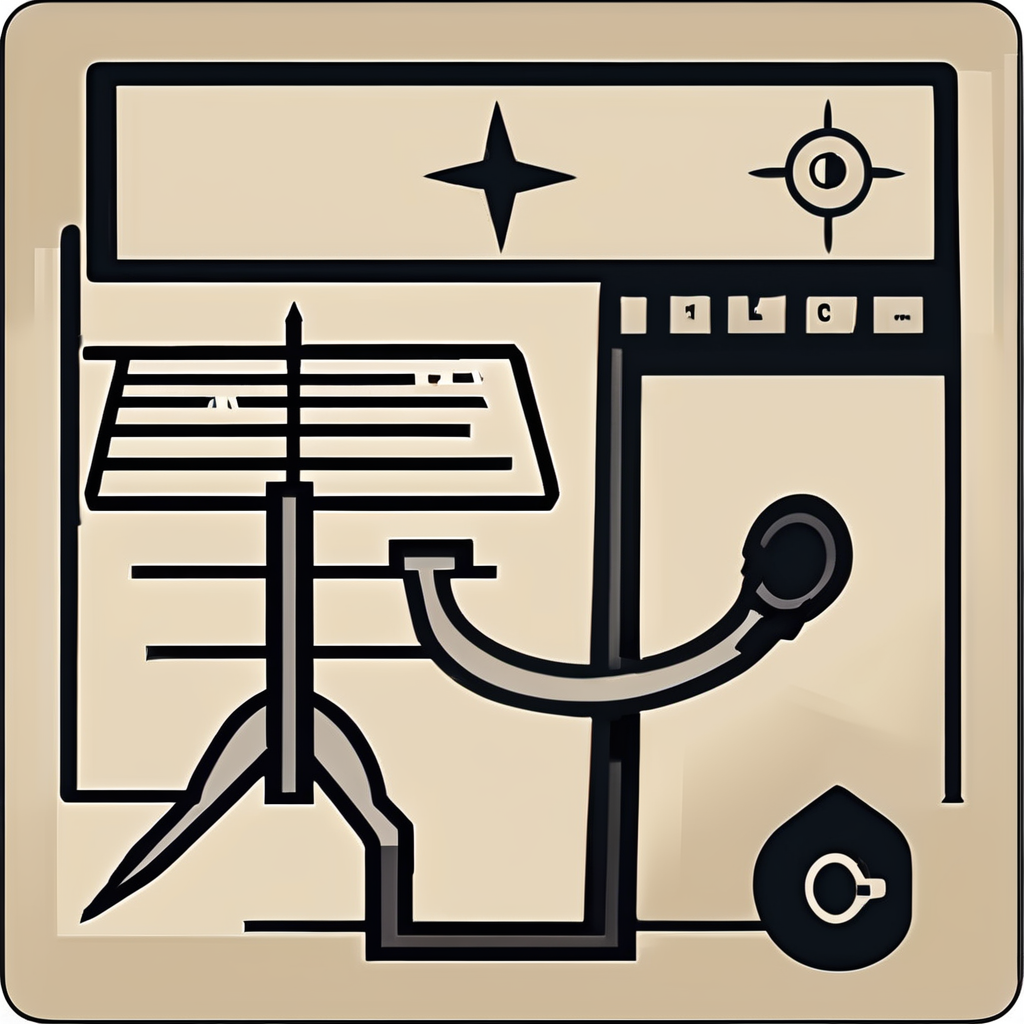AI personal assistants transform how we manage time and tasks by automating routine activities, from scheduling meetings to handling emails. Understanding their capabilities helps unlock greater productivity and efficiency. This guide reveals top tools, practical applications, and key considerations, empowering you to choose solutions that fit your workflow and protect your data—ensuring AI works for you, not the other way around.
Understanding AI Personal Assistants: Core Concepts and User Needs
You can find a detailed overview of AI personal assistants on this page: https://kairntech.com/blog/articles/ai-personal-assistants/. AI personal assistants are advanced software agents that leverage virtual assistant technology and natural language processing to handle a variety of daily tasks. These assistants make use of Natural Language Processing (NLP), automation engines, and integration APIs to convert spoken or typed commands into real actions, whether that means setting up a meeting, managing to-do lists, or providing timely reminders.
Have you seen this : Unveiling the future of organic photovoltaics: a game-changer for architectural solar integration
Core features include smart scheduling, reminders, control of connected home devices, information retrieval, and handling emails or documents. Many also securely manage sensitive data, thanks to enterprise-grade encryption and compliance standards. Practical use cases range from simplifying personal routines—like checking your calendar or composing messages—to streamlining business operations, such as automating workflow, scheduling meetings, and syncing emails across platforms for optimal productivity.
Users commonly seek AI assistants with flexible customization, natural conversation flow, and robust privacy controls. Today’s solutions are designed for busy professionals, families, and students, aiming to save precious time and help prioritize what matters most.
Topic to read : Transforming airport safety: the game-changing impact of biometric verification on passenger security
Leading AI Personal Assistant Tools and Real-World Applications
AI personal assistants streamline daily operations with advanced features that address real user challenges. Using the Stanford Question Answering Dataset (SQuAD) approach, the best AI assistant applications are ranked based on their ability to prioritize user needs: first, by automating time-consuming tasks; next, by integrating seamlessly with diverse devices and platforms.
AI tools for task management like Motion and Reclaim optimize workflows by auto-scheduling meetings, tracking deadlines, and prioritizing important assignments according to user intent. These apps minimize manual inputs and free up time by using AI-driven calendar management, allowing users to coordinate work and personal events in real time.
For task reminders and daily planning, AI-powered task reminders adapt to your behavior, sending notifications that ensure nothing falls through the cracks. Integration with smart home devices expands the usefulness of the best AI assistant applications—Alexa and Google Assistant, for example, manage both home routines and digital tasks hands-free.
Incorporating AI personal assistant app reviews into the evaluation of virtual assistant technology helps highlight strengths: robust automation, customizability, strong security features, and an easy learning curve. These factors support a smoother, more productive digital experience across professional and personal domains.
Considerations for Choosing, Setting Up, and Securing Your AI Personal Assistant
Privacy and Security: Data Protection, Compliance, and User Trust
Privacy concerns with AI helpers have become a leading factor when adopting new technology. Modern platforms prioritize AI assistant security features like encryption, SOC 2, and HIPAA compliance to meet strict regulatory demands. For users and businesses, safeguarding sensitive information means evaluating how each AI personal assistant manages data at rest and in transit. Enterprise-grade AI assistant security features bolster trust and ensure adherence to privacy laws, especially critical for small businesses working with client or financial data.
Customization and Integration: Tailoring AI Assistants to Specific Needs
Personalization is no longer optional. AI assistant customization options enable users to build unique workflows with triggers and logic-based conditions. Integrations with email, calendars, and CRM tools help small businesses increase productivity. Decision-makers should conduct an AI assistant comparison: features and pricing, weighing the value of advanced customization against business requirements and budget.
Getting Started: Setup Guidance, Free Trials, and Ongoing Support Resources
New adopters benefit from clear AI personal assistant app installation guides and responsive support. Step-by-step tutorials and communities speed up onboarding for small businesses. Free trials encourage hands-on exploration so users experience benefits and AI assistant customization options with minimal upfront risk. Robust support and learning libraries are essential for long-term satisfaction and security confidence.










